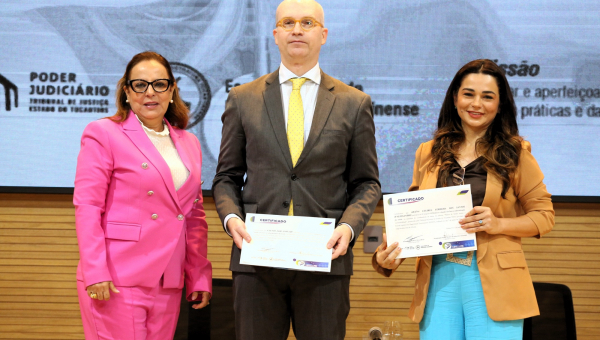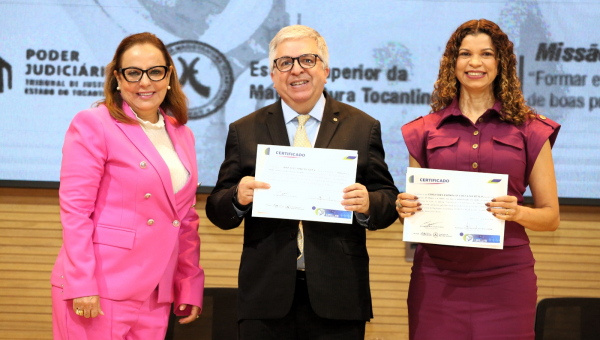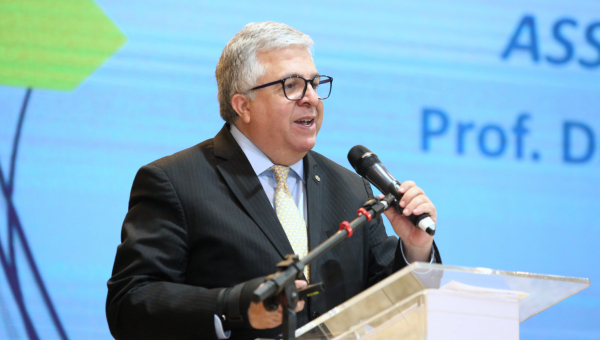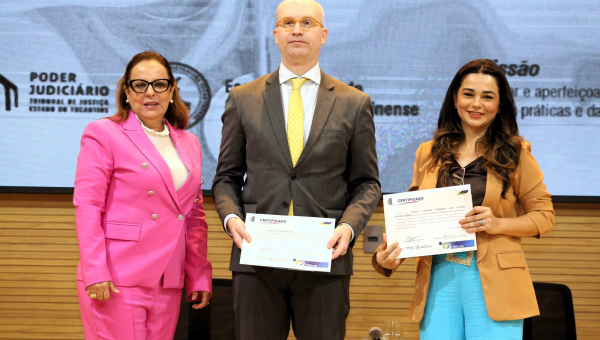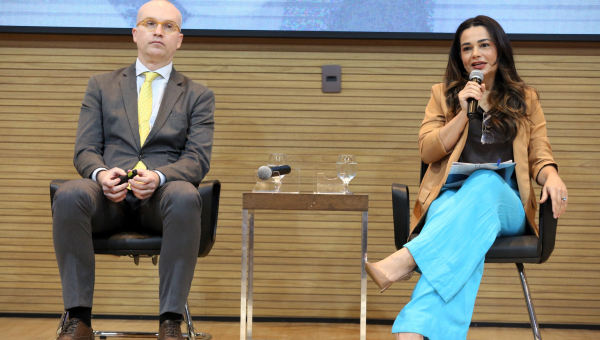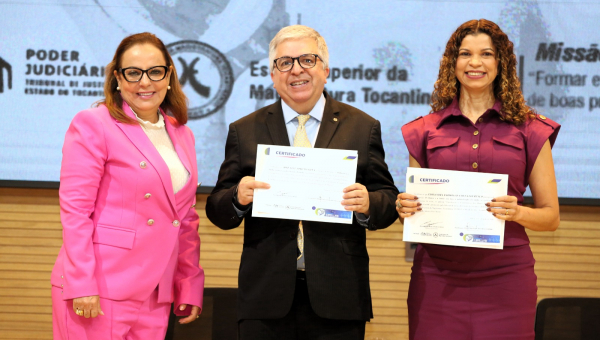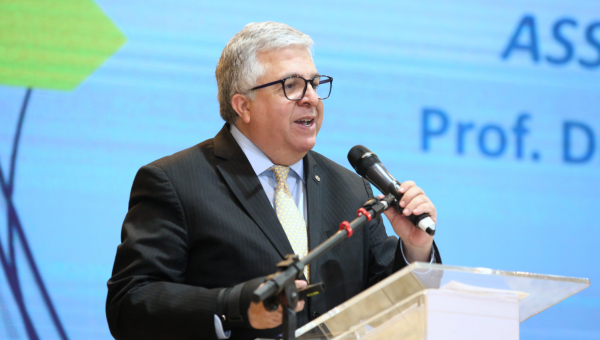
Law 9.656, of June of 1998, which provides for private health care plans and insurance, the characteristics of these services and judicialization for a constitutional right were the subjects that guided the debates at the II Symposium Law and Health: In focus on the judicialization of health, which opened on Friday morning (June 7th), in the auditorium of the Court of Justice of the State of Tocantins.
In the first lecture, “Classification and Characteristics of Private Health Care Plans”, José Luiz Toro da Silva, a post-doctorate from the Legal Institute of the College of Law of Coimbra (Portugal), gave a contextualization of the right to health until he came to the regulation of private health care plans in Brazil, pointing out that there is State intervention in a private activity. "Law 9656, our regulatory framework, we are dealing here with a typical rule of contractual leadership. It's a typical rule of contractual leadership. What is contractual leadership? It's when the State establishes the minimum conditions of a contract. It's when the State establishes clauses that are considered abusive. And what we have, therefore, is a typical rule of contractual leadeship."
It is in this market, which he considers “imperfect” that the need for a state regulation arises. "That's what the law 9656 does. That's what the National Supplementary Health Agency does because we are in an imperfect market,” he said, adding that legal professionals need to understand that in the supplementary health law there are ‘rules, laws, norms within a democratic state of law.’
José Luiz Toro da Silva also pointed out that laws establish legal relationships between operators and beneficiaries, between operators and service providers, between operators and the regulatory body. "The regulatory body has the power to police the health plan, it has the power to create rules, it has the power to supervise and it has the power to punish. There is no higher administrative body at the ANS. Only the judiciary can review an ANS rule."
Finally, the post-doctor stressed that society needs to discuss what kind of health it wants and how much it is willing to pay “because the way we are, the market will not sustain itself.”
Guarantee of judicial security
Clênio Schutze, a Federal Judge from the State of Santa Catarina, gave the lecture on the “Law 9.656/98 and the Judiciary”. He began by talking about the initiative of the Court of Justice of the State of Tocantins (TJTO), which has a Cooperation Agreement with Unimed. “The Court of Justice and Unimed deserve applause because they are indeed pioneering institutions in Brazil and the CNJ recognizes this and we therefore need to multiply this good practice, which started here, throughout Brazil.”
He then presented data from the statistical panel on Judicialization in Brazil, released by the National Judicial Forum for Health (Fonajus) and stressed that, given the figures, it is clear that a lot has been done, but a lot still needs to be done. “If we have, then, thousands of cases, almost 600,000 cases in Brazil about health, there is an Italian author who says that this means that it is the government of the Judges, that is, we start to deliberate on everything, and if we start to deliberate on all these points, for that we need to have judicial governance, if we, in the Brazilian judiciary, demand good governance in a legislative environment, good governance when it comes to private health management or public health management, we also need to have good management of judicial processes”
The federal Judge also pointed out that if the judiciary doesn't have adequate governance, there will be unrelated judicialization, which can be caused by poor legislative interpretation or poor legislative action. "This environment often encourages deregulation and the judiciary needs to be aware of this, especially in order to provide legal certainty. For whom? Legal certainty for the user, the beneficiary of the operator, so that they effectively know what they are entitled to, and legal certainty for the operator, so that they know what they can include in the basket of services they are going to offer to that citizen, to that user."
The lectures were coordinated, respectively, by Judge Edssandra B. da Silva Lourenço and Prosecutor Araína Cesárea D'Alessandro.




